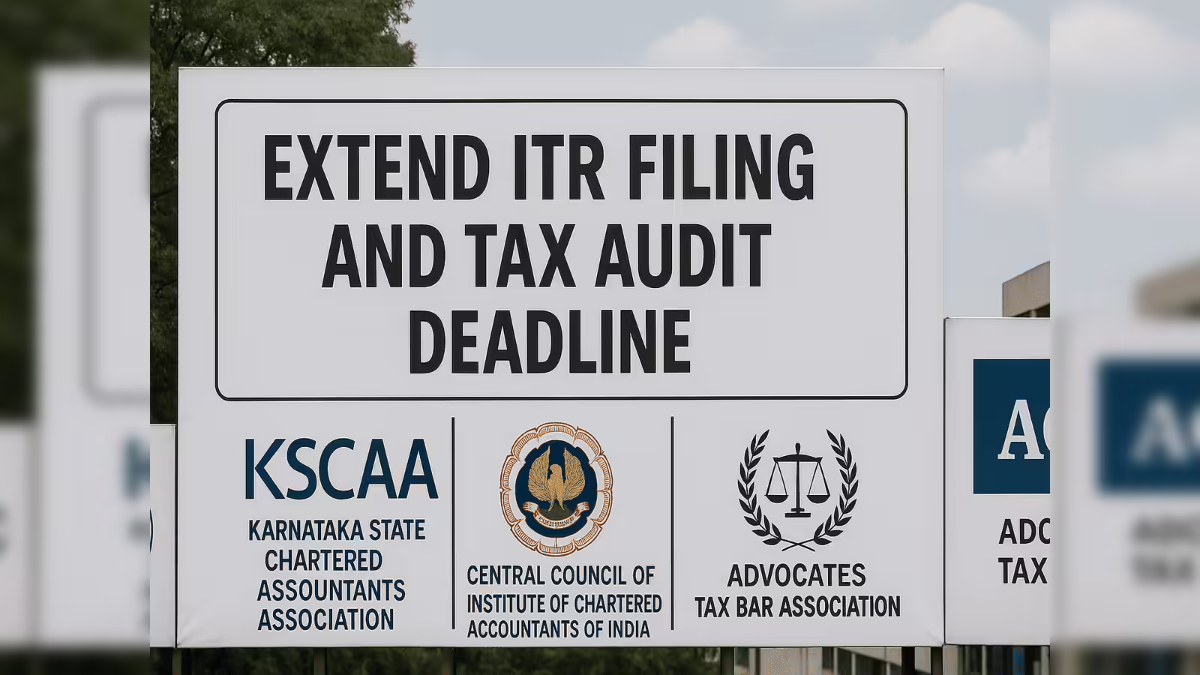Now Reading: Relief for Taxpayers: The Ongoing Saga of Audit Report and ITR Due Date Extensions
-
01
Relief for Taxpayers: The Ongoing Saga of Audit Report and ITR Due Date Extensions
Relief for Taxpayers: The Ongoing Saga of Audit Report and ITR Due Date Extensions

In a significant development offering much-needed relief to a large segment of taxpayers, tax authorities have once again been compelled to address the perennial issue of filing deadlines for audit reports and Income Tax Returns (ITR). This year, the debate around extensions has been particularly pronounced, leading to judicial intervention and a closer examination of the statutory interplay between the audit submission date and the final ITR filing date for auditable cases.
The Initial Extension and Professional Pleas
The Central Board of Direct Taxes (CBDT) initially announced an extension for the due date of furnishing various reports of audit under the Income-tax Act, 1961, for the relevant Assessment Year. The deadline for the Tax Audit Report (TAR), which was typically September 30th for specified assessees, was pushed to October 31st.
This move came in response to numerous representations from professional associations, including bodies of Chartered Accountants, who highlighted the practical difficulties faced by taxpayers and practitioners. Reasons cited often included disruptions caused by natural calamities like floods, which impede normal business and professional activities, as well as persistent technical challenges and delays in the release of various statutory forms and utilities on the income tax e-filing portal. The professional community consistently argues that these factors severely compress the time available for accurate and thorough audit completion.
The Statutory Conflict and Judicial Intervention
The extension of the audit report deadline to October 31st, however, immediately sparked controversy. Under the provisions of the Income-tax Act, the “specified date” for filing the audit report must be one month prior to the due date for furnishing the return of income (ITR) for auditable cases. For these taxpayers, the original ITR filing due date was also October 31st.
By extending the audit report deadline to October 31st but not simultaneously extending the ITR filing deadline, the CBDT effectively eliminated the crucial one-month gap stipulated by the statute. This legislative safeguard is designed to allow taxpayers adequate time to file their ITR after the finalization and submission of the complex audit report, ensuring a higher degree of compliance accuracy.
This legal inconsistency led to multiple challenges in various High Courts across the country. In a major directive, one of the High Courts intervened, specifically instructing the CBDT to extend the due date for filing Income Tax Returns for audit cases to November 30th. The court mandated this extension to strictly comply with the legislative intent that requires a minimum one-month period between the audit report submission and the ITR filing. The court emphasized that the relationship between these two statutory deadlines is “inextricably linked” and cannot be unilaterally altered by administrative circulars without maintaining the statutory gap.
Looking Ahead: Compliance and Clarity
While the extension of the audit report deadline to October 31st provided immediate relief, the subsequent court order directing the ITR deadline extension to November 30th has brought greater clarity and adherence to the spirit of the law.
For taxpayers and tax professionals, this period of extensions underscores the need for continuous monitoring of official CBDT notifications and court orders. The extensions provide a necessary cushion, but they do not negate the need for diligent and timely compliance planning. Companies and individuals subject to mandatory audit are now expected to complete all necessary formalities and file their ITRs by the new judicially-mandated deadline of November 30th, provided the CBDT issues the formal notification as directed by the court. The focus remains on leveraging this extended window to ensure robust financial reporting and full compliance with all direct tax regulations.









